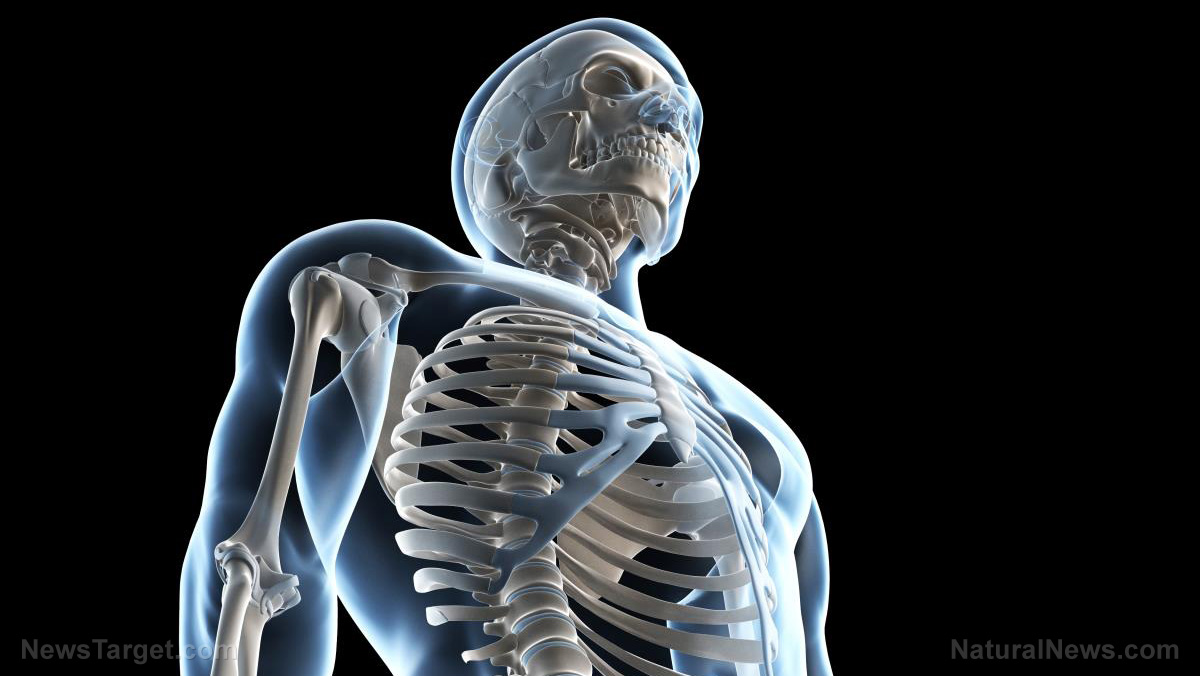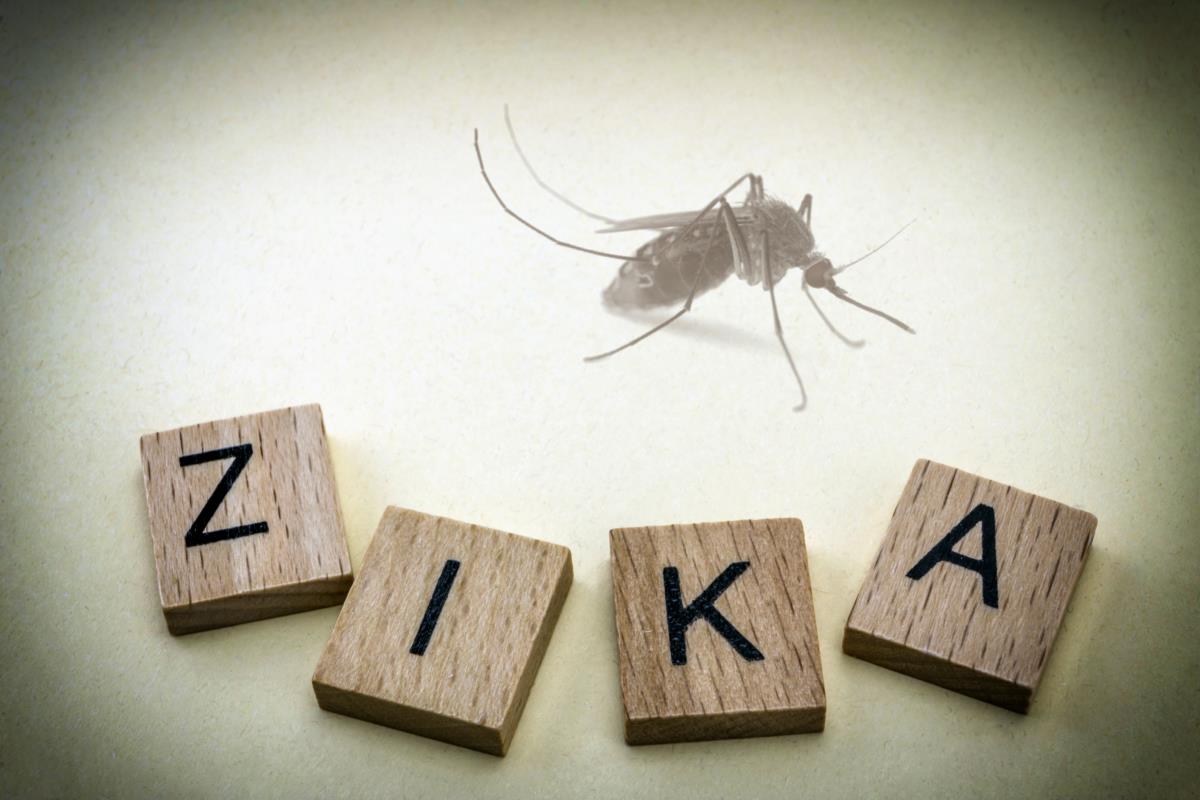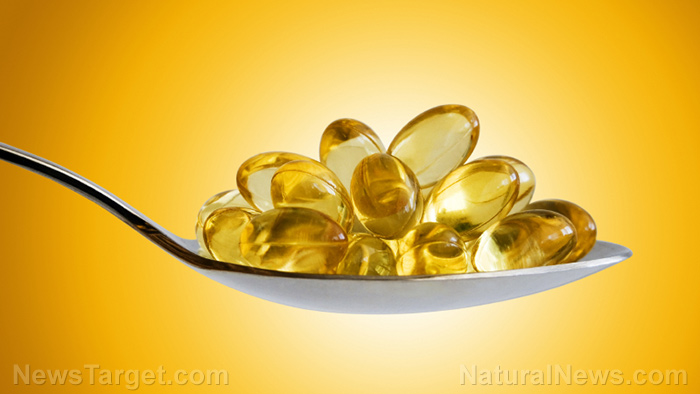Diets for ADHD: What to eat and what to avoid
12/15/2019 / By Darnel Fernandez

Attention deficit hyperactivity disorder (ADHD) is a mental disorder characterized by hyperactivity, inattention and the inability to control impulses. While there is currently no cure for ADHD, there are natural approaches that can significantly reduce and manage its symptoms without the unwanted side effects caused by prescribed medications. For example, there are certain diets and foods that help keep the symptoms of ADHD at bay.
Diet plays a critical role in both physical and mental health. Different foods can affect your energy and concentration, which make some food choices significantly better for those suffering from ADHD. Here is a list of healthy foods that can help manage ADHD symptoms:
Protein-rich foods
Protein is essential for the production of hormones, enzymes and other vital body chemicals. This macronutrient is particularly needed by the brain because it is used to produce chemicals called neurotransmitters, which are the body’s “messengers.”
You can find protein in many foods, including meat, seafood, poultry and eggs. Individuals that prefer plant foods can get their protein from beans, lentils, nuts and grains. Including more protein in your diet can prevent spikes in blood sugar levels, which are said to increase hyperactivity.
Complex carbohydrates
Like protein, carbohydrates play a role in preventing blood sugar spikes. They also provide the body with energy for brain function, physical activities and operations of other body organs. Eating complex carbohydrates also increases your satiety, which makes you feel full longer. This satiety increase can help decrease the urges to snack on sugary foods, which are said to promote hyperactivity. Some foods you can eat include brown rice, whole-grain foods, fruits and vegetables.
 |
Discover how to prevent and reverse heart disease (and other cardio related events) with this free ebook: Written by popular Natural News writer Vicki Batt, this book includes everything you need to know about preventing heart disease, reversing hypertension, and nurturing your cardiac health without medication. Learn More. |
Omega-3 fatty acids
Fats are still important for overall health – as long as you consume the right ones. Omega-3 is an essential fatty acid that can’t be produced by the body and must be gained from external sources. Healthy fats like omega-3 are critical for heart and brain health. In a study published in the journal Clinical Psychology Review, researchers wrote that children with ADHD had reduced levels of omega-3 fatty acids. Their findings suggest that consuming more omega-3s could help improve symptoms of ADHD. Foods rich in omega-3s include certain fatty fish like salmon and tuna, walnuts, flax seeds and chia seeds.
Foods to avoid
Eating a healthy diet is important, regardless if you have ADHD or not. However, a healthy diet requires proper management to avoid certain foods that can bring adverse health effects. Some foods could even make ADHD symptoms worse. Here are a few foods you should avoid:
- Artificially sweetened foods. Eating too much sugary foods can cause blood sugar spikes and crashes, which can affect energy levels. Research has shown that higher consumption of sugar, candy and soda are linked to a higher prevalence of ADHD diagnosis. However, even if they find no connection between too much sugar and ADHD symptoms, limiting is still an overall healthful lifestyle choice for anyone wishing to become healthier. Cutting down on your sugar intake can reduce your risk of diabetes, tooth decay and obesity. (Related: Researchers discover link between sugar consumption and mental illness.)
- Simple carbohydrates. Unlike complex ones, simple carbs can contribute to fluctuating blood sugar levels and should be eaten in moderation. Foods with simple carbohydrates include white rice, fries, chips, white bread and white pasta.
- Artificial additives. Ridding your diet of artificial additives may help with ADHD symptoms. According to the American Academy of Pediatrics, children should avoid these additives, especially food coloring, because they can worsen ADHD symptoms. These additives are also known to interfere with growth and development. Foods to avoid include breakfast cereals, soft drinks and cookies.
Healthy dietary choices can be a big help in easing the symptoms of ADHD. Visit Nutrients.news for more news and studies on how diets affect your overall health.
Sources:
Tagged Under: adhd, brain function, brain health, cognitive function, cognitive health, complex carbohydrates, Diets, disorders, food cures, food is medicine, functional food, natural cures, natural medicine, nutrients, omega-3 fatty acids, prevention, Proteins




















